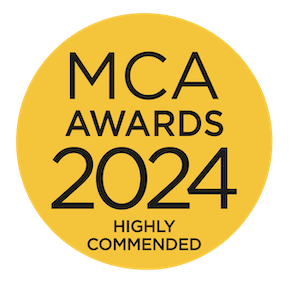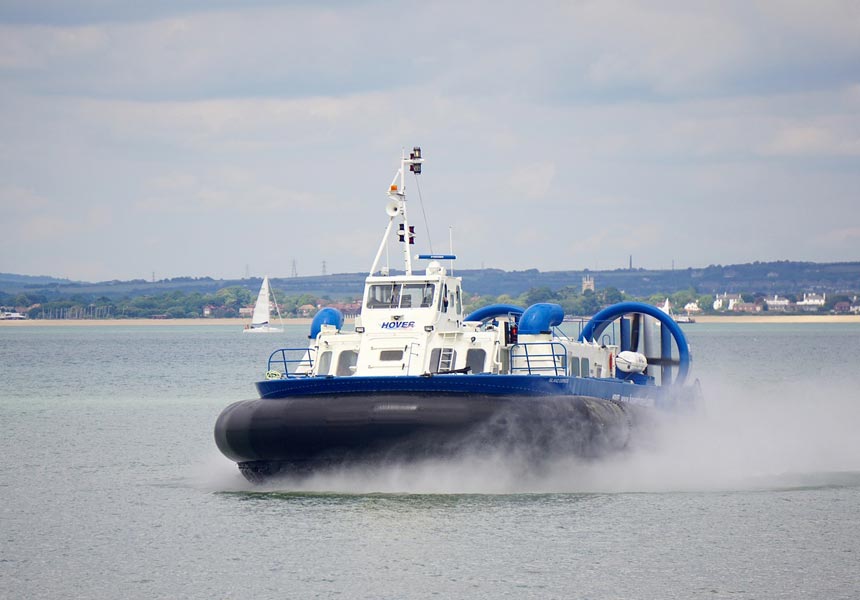Strategy
 Solent Freeport was shortlisted as one of just eight successful English freeport bids in March 2021. Getting through the bid phase was a huge achievement. But the most challenging phase of the project was still to come – turning the ‘big picture’ vision into a fully operational entity, with critical legislation in place and funding approved. Only then could the Freeport start unlocking the private investment that would deliver billions of pounds of GVA and thousands of jobs for the Solent region.
Solent Freeport was shortlisted as one of just eight successful English freeport bids in March 2021. Getting through the bid phase was a huge achievement. But the most challenging phase of the project was still to come – turning the ‘big picture’ vision into a fully operational entity, with critical legislation in place and funding approved. Only then could the Freeport start unlocking the private investment that would deliver billions of pounds of GVA and thousands of jobs for the Solent region.
KPMG’s proven reputation as one of the UK’s leading teams on growth related infrastructure initiatives and freeport projects, saw the firm appointed to turn the vision into reality.
Working with a joint private and public sector task force, including six local authorities, the Solent LEP, and multiple other organisations, the firm played a central role in helping the Solent Freeport secure the necessary approvals and legislative cover to become one of the first UK freeports to go live in December 2022.
Several key parts of the strategy KPMG designed and implemented are now recognised as best practice. The evidence base KPMG developed has enabled Solent to lead the charge for other UK freeports and drive the success of the sector as a whole.
Among the many innovative strategies developed by KPMG were:
i. New local ‘dual key’ public/private governance procedures for decisions on reinvesting c£500m in business rate retention receipts over 25 years.
ii. Demonstrating economic linkages and tax site contiguity across the Southampton Water to allow the Solent’s proposed tax site there, spread across four landholdings and 10km, to be approved as a single tax site. This allowed the Solent’s proposition to comply with the maximum three tax sites rule all freeports were required to comply with.
iii. Developing legally binding agreements between the freeport, local authorities, and landowners to ensure designated tax sites created additional, high value economic activity. This addressed one of the principal criticisms of freeport-type interventions, which is that they simply reroute economic activity and investment from elsewhere.
iv. Developing the evidence base to convince government of the need to extend the time window for freeport tax reliefs from 5 to 10 years.
Making the case for these solutions required a rigorous, detail-orientated approach. KPMG devoted months to devising new approaches to make the compelling arguments and challenge scepticism within UK Government. Its expert team drew on its considerable experience, including work within HM Treasury and on several other freeport and government infrastructure projects, to liaise with the client and the government.
The firm maintained a strong relationship with client stakeholders throughout, helping them understand the government’s perspective and negotiate their differing priorities to reach a consensus. It faced a particularly difficult prospect in persuading several different local authorities to pool their retained business rates within the Solent Freeport. But working with Portsmouth, the freeport’s accountable body, and the authorities themselves, KPMG successfully convinced them it was in their collective interests to pool the money so it could be spent more strategically.
View the KPMG profile in the MCA Members Directory.

